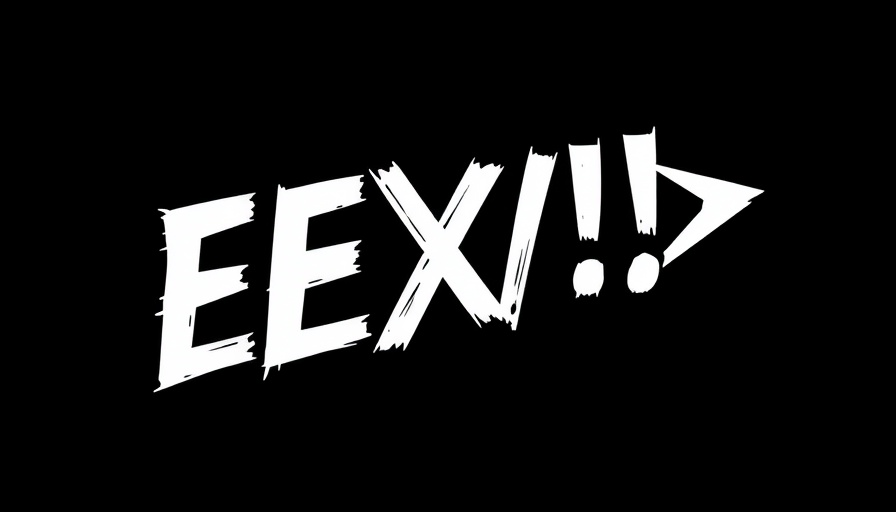
The Unexpected Charm of Profanity in Language
Profanity often conjures up visceral reactions, but beneath the surface lies a fascinating realm of expression that plays a significant role in human communication. As societal norms evolve, so does the view on swearing, revealing its complex relationship with our emotional states, social connections, and even our cultural identity.
Understanding the Emotional Power of Profanity
Scientific studies reveal that swearing can serve as a powerful emotional outlet, facilitating both stress relief and pain management. According to a renowned study in the field of psychology, participants experienced a notable decrease in pain tolerance when they employed profanity as they engaged in physical discomfort. This suggests that swearing might ignite a potent emotional response, showcasing its cathartic properties.
Profanity as a Social Bonding Tool
Interestingly, swearing can forge stronger social connections. In many communities, the casual sharing of a curse word can serve as a vehicle for camaraderie and empathy. This bonding effect is especially pronounced among peers, where mutual use of profanity creates a shared linguistic experience that breaks down barriers and fosters closeness.
Historical Context: The Evolving Landscape of Language
Tracing back through history, the views on profanity have transformed remarkably. What was once deemed taboo has transitioned into a form of expression that many regard as not only acceptable but necessary for authentic communication. From Shakespearean plays to modern television scripts, profane language has been used deftly to convey a range of human experiences, further highlighting its place in the tapestry of language.
The Cultural Impact of Swearing on Modern Society
In a rapidly changing society, the exploitation of profanity in political discourse, marketing strategies, and even corporate environments illustrates its enduring relevance. Notable entrepreneurs and public figures employ it to emphasize their points, connect emotionally with audiences, and present themselves as relatable individuals rather than distant authority figures. This usage reflects a broader cultural shift where authenticity is prized over traditional decorum.
Counterarguments: The Negative Backlash of Profanity
Despite its benefits, the use of profanity carries controversy. Critics argue that it can breed an atmosphere of disrespect and undermine formal discourse. In workplaces, excessive swearing may lead to perceptions of unprofessionalism, while in public spheres, it can be seen as a deviation from societal norms. Understanding these counterarguments remains crucial as society navigates the balance between self-expression and maintaining respect in communication.
Final Thoughts: Profanity as a Reflective Lens
Ultimately, the intricate existence of profanity in our language highlights broader themes of growth, connection, and evolution. As we embrace various modes of communication, recognizing the role swearing plays can ensure more meaningful exchanges, both personally and collectively. Whether viewed with disapproval or acceptance, understanding profanity transcends beyond mere words—it encapsulates the human experience in its rawest form.
 Add Row
Add Row  Add
Add 



Write A Comment